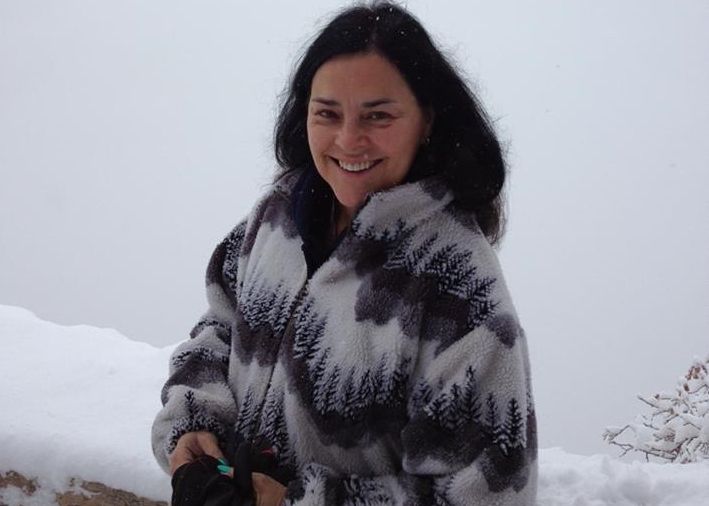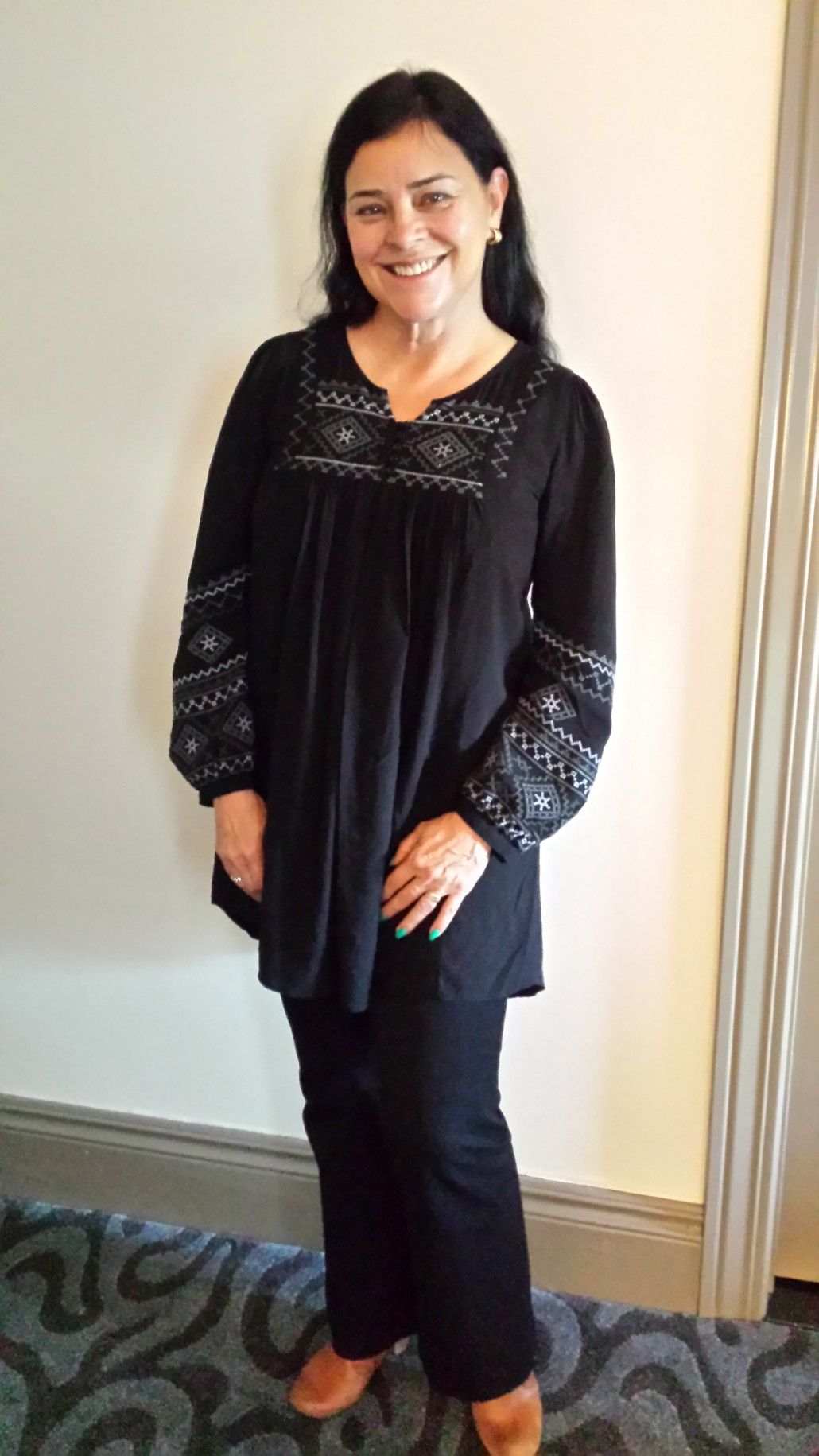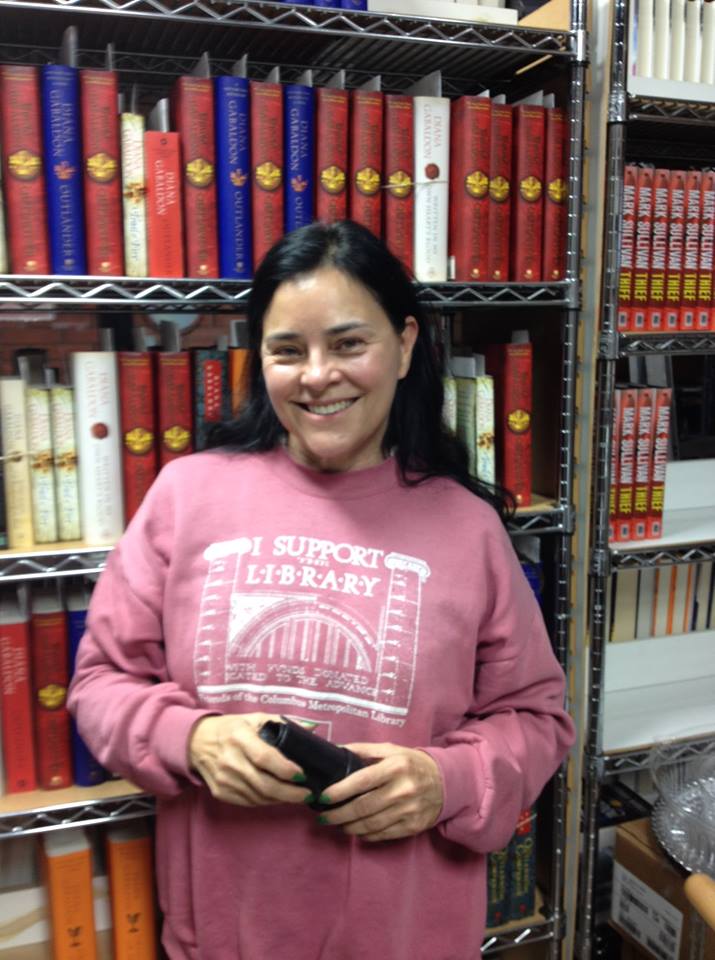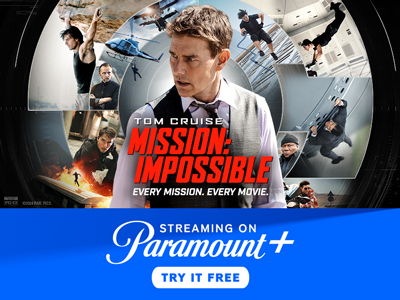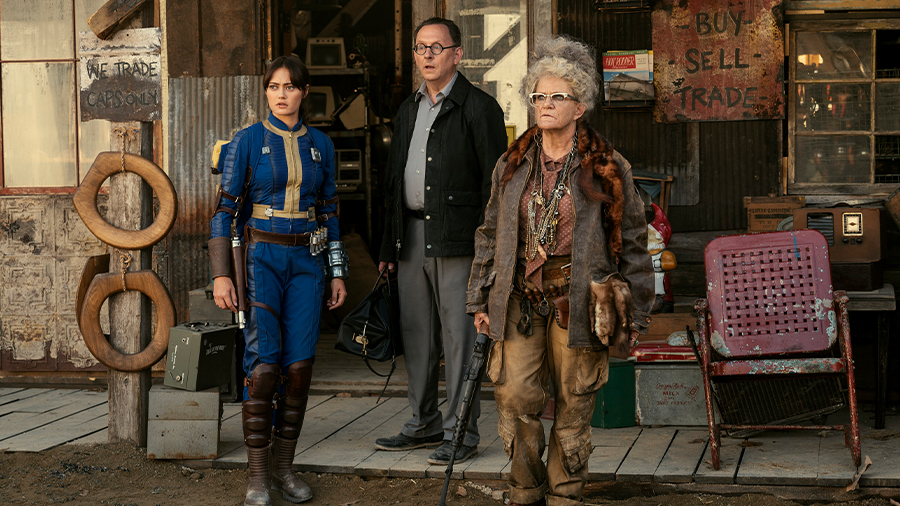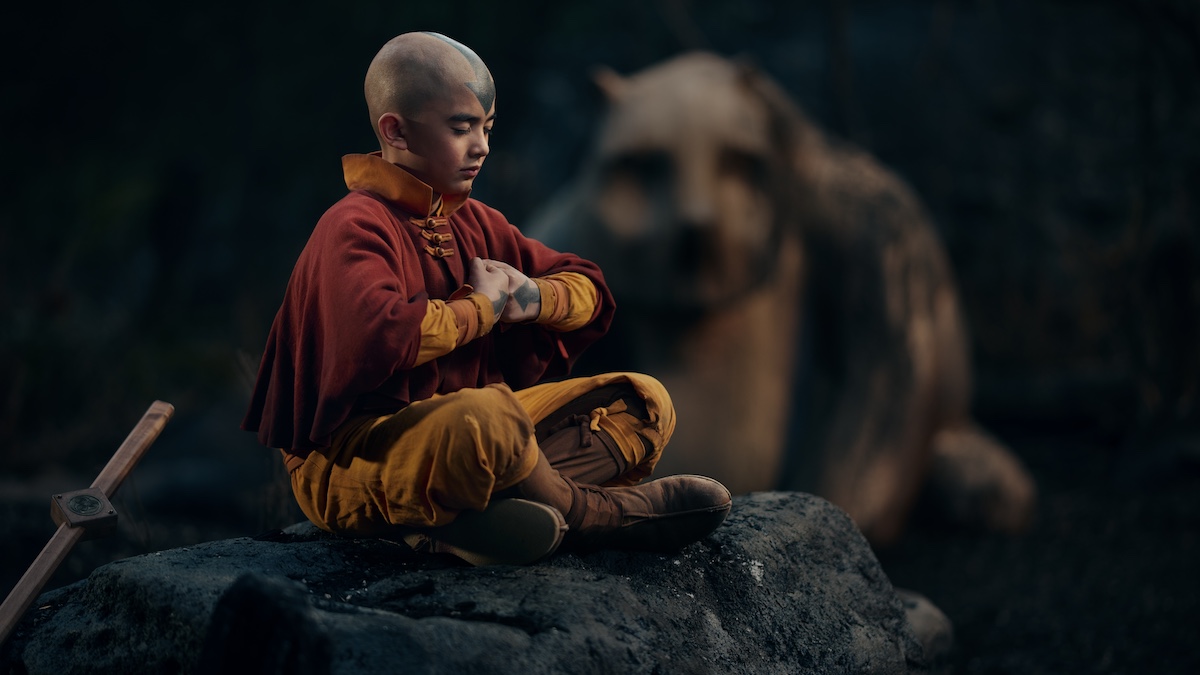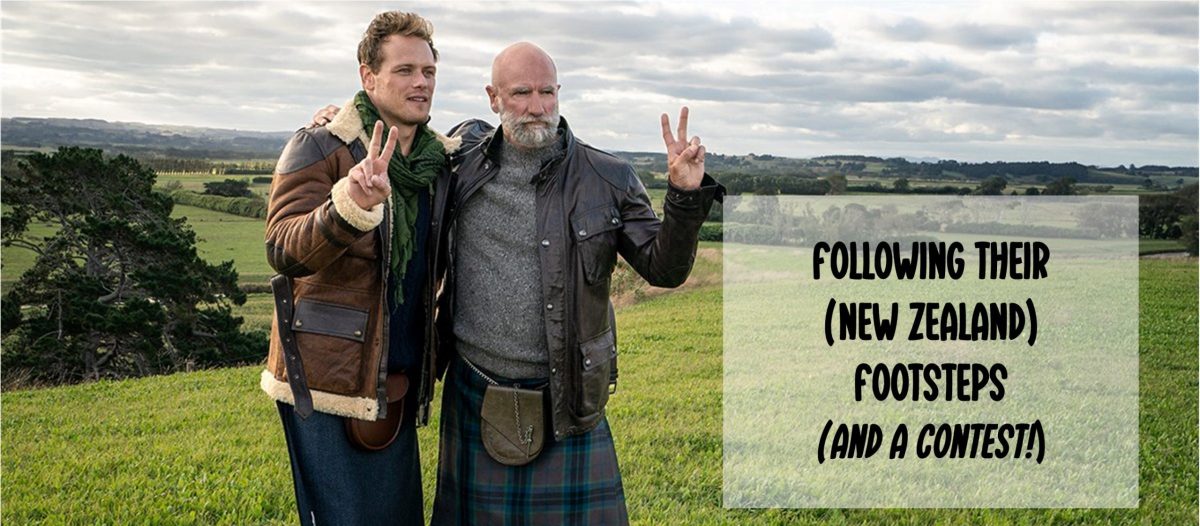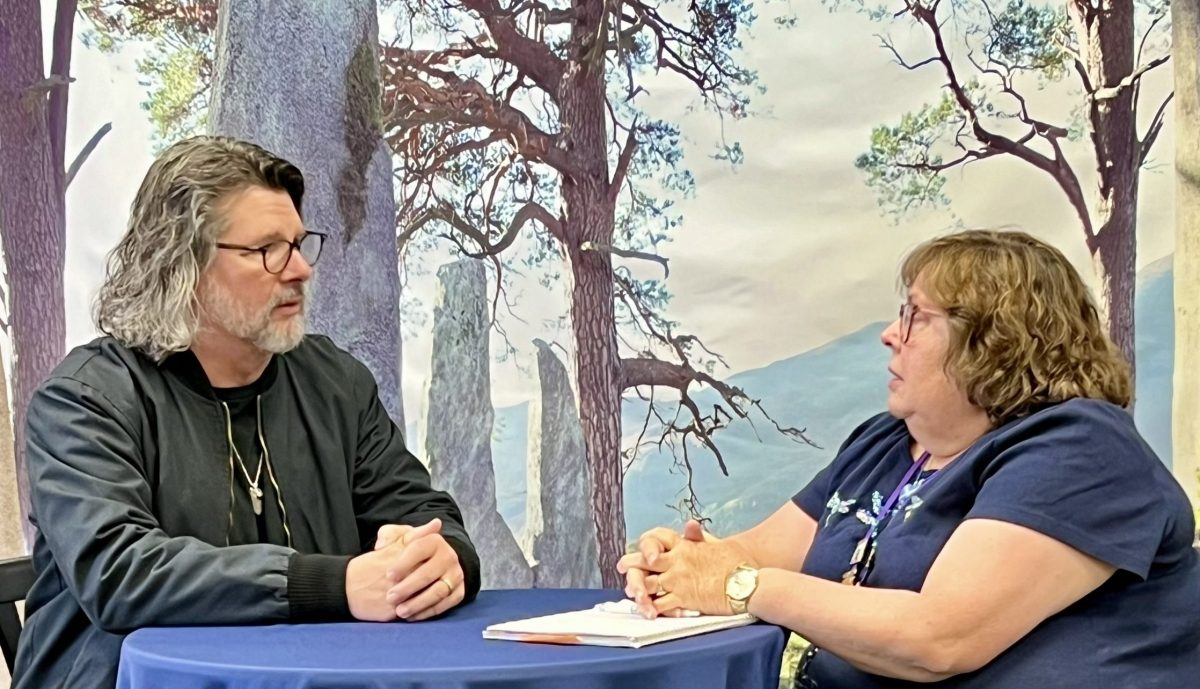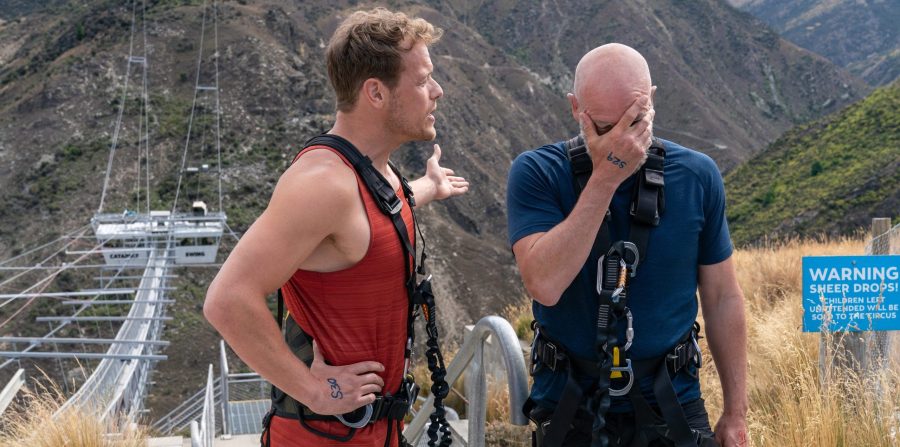This is Part 2 of my interview with Outlander author Diana Gabaldon. You already know that your brain doesn’t work like hers, don’t you? Diana talks about her creative process, the moment she knew she had something special and how her life has changed because of Outlander. There are no spoilers in this part of the article. You can read Part 1 here, where Diana discusses Black Jack Randall, among other things. A HUGE thank you to Diana for spending so much time and being so open with me!
Erin: Was there a moment you realized, just inside yourself, “I’ve got something here”?
Diana: There was a specific moment if I take it in the way that you mean it. I did know that the book was good, and I realized that it was completely off beat, and there was nothing like it. Sometimes really good things just don’t fit in the market, and they have to wait their time. Things were working right along, I had got an agent, finished the book 6 months after I got an agent, and so I sent it to him. He said he was sending it to five editors who he thought might like it, and four days later he said that three of them had made offers to buy it, which made me feel totally sandbagged. I wasn’t expecting that. I remember reaching the end of the conversation and asking, what do I do now? He laughed and said open a bottle of champagne! I’m used to needing to do the next step, and suddenly there was no next step, there was nothing to do. I felt rather numb. It took a while for a glow of accomplishment to go.
A sort of singular moment actually occurred at a Romantic Times convention later that year. The book had not come out yet, in fact it took them (the publisher) 18 months to come out because they couldn’t decide how to sell it. I learned much later that they were in fact arguing internally whether they could ever sell it, and they were considering strongly giving me back the book and cancelling the contract. They couldn’t figure out how to market it, it’s not like anything else. I had no idea any of this was going on, and was expecting it to come out in due course.
So I was at this convention. The publisher had said ‘we think you should go, you’ll meet potential readers.’ I’d never been to something like that before, so I was talking to people and enjoying it. There was a banquet, and it was optional, it came with the package so I could go or not go. So I’d spent the day introducing myself to people, talking about the book. I’ve been a scientist for a long time, so I know how you do this kind of thing at conventions, but it’s not usual you do it to such an extent. So I decided to go to this banquet, I should meet more people. I went to the restaurant by myself, but it was almost deserted. I had a delightful dinner, totally by myself, and what I was thinking to myself was that this was may be the last time I could do this, the last time that I will be a totally private person.
E: So that just hit you?
Diana: There’s no reason that it should have, I had no reason to expect that the book would do what it has done, but I thought that… I know this is going to be significant. I had no idea what, it might have been a huge failure, but I just had this sense of conviction, something is about to start.
E: (trying to read my handwriting for next question, mention that I had notes on a note pad on phone, but using a voice recorder app so now can’t access those)
Diana: That’s why I write all of my books on computer. If I did by it hand I couldn’t do it. That’s the problem with phones, they only do one thing at a time. I have to write on a gigantic Dell laptop with a giant 17” screen. It was really meant as a gamers machine, it’s about 6 years old and I really need a new one, but I need a gamers machine because of the huge amount of RAM. I like to work with 17 tabs open at the same time, I like to switch back and forth between the social media and whatever I’m doing, things I’m looking up and what people are recommending to me, and letters that I’m writing to someone else, and the two or three scenes of the book I’m working on simultaneously. I need all of this going. I have, I think, a sort of benign form of ADD. This is how my brain works. I need it all right in front of me,
E: I’m starting my first novel, a sort of mystery legal thriller kind of thing . But thinking about things that you’ve said as you were figuring out how to write, and I’m thinking as I’m trying to research, “I need a map of the El…”
Diana: Exactly. While you’re reading and looking for that, you see pictures and a map of downtown Chicago, oh I’ll use that, one thing leads to another.
E: Have you ever thought about or is there something sitting at home that’s non-Outlander, that’s not part of the Outlander world?
Diana: Oh, yes, I have a few things.
E: Have you any plans to put anything out, or are they really for you at the moment?
Diana: Nothing’s finished, so that’s a moot point. But I have things in progress, and things that I think of, and things that I mumble off every now and then, and I write it down.
E: I don’t know what people thought JK Rowling would do, after she finished off Harry Potter and that world. In the writer’s world, you’ve got this huge world, and then… I’m sure that can’t be all that you’re thinking of.
Diana: There’s all kinds of stuff. You know, the Outlander world’s a really big one. But JK Rowling, her focus was on this one character and essentially his hero’s journey. And you know, you can’t really go on with that unless you wanted to go clear back or pick up some side character and explain how they did this or how they did that. I would assume she doesn’t want to do that. She’s done beautifully with her mysteries. I haven’t read The Casual Vacancy…
E: I’ve read about half of it.
Diana: Yeah? Well, some books you’re just not in the mood for.
E: How has your world changed, particularly in the last year or year and a half, since the Starz show has started?
Diana: It’s been one weird year, I’ll tell you. It’s been very exciting, and very interesting, but it’s been one weird year. It didn’t really start in January, it’s been going on longer than that, when Ron came on the scene and we made the deal with Sony and Starz. All of a sudden stuff started happening. The series and things connected with it – there’s this whole additional world besides the publishing world, and the fan worlds overlap in the middle of it, but the bottom line is that there’s a tremendous demand for my services. Normally after the book tour stuff dies down, and the new book is out, life dies down to what passes for normal around here, and this time it hasn’t happened. Every morning, there’s at least a dozen emails, demanding something from me, from people who think they have the right to demand it – my publisher, or the Starz publicist, and people keep popping up, people who say “I’m so and so,” people I’ve never heard of before, and “I’m writing your biography for this little mini-documentary that we’re putting in the DVD set,” and I say, “you are?” and “if you can send me, in the next two days, pictures with a minimum resolution of so and so, and just focused on you so we don’t have to get the permission of other people in the pictures, I want photographs of you on the publication of your first book,” and I’m thinking, it’s not like it’s an event, the book is just published, I’m not physically present, and, you know, that was 26 years ago! We want pictures of you researching, and writing in your office, pictures of you interacting with fans, and stuff like that, and I want it all now. You do? Well, I began writing 26 years ago, and there was no digital photography at that point, no pictures with the resolution you’re asking for, so that’s not happening. There’s boxes of family snapshots, and if you think I’m spending the next two days going through them and scanning them for you…
In any case, it took a day and half of my time, digging through them and finding all these photos that I thought would be acceptable for your needs. I suppose I could have said no, but god knows what it would have looked like if I had done that. They would have gone around the internet collecting stuff, and some of that stuff isn’t presentable. So it’s been stuff like that. Then you have to get stuff for the publishers. And Entertainment Weekly is doing something on Outlander, and they want a sidebar written by you, so many words, by tomorrow, and I say I can, yes, it means that I will spend an hour doing that instead of what I was intending to do today. And like I said, it’s just a dozen of these every single day. And so the ones that don’t require an immediate response, I just push them hastily out of the way. But they have to be dealt with eventually. And the ones that are urgent, they think that their deadlines are a lot more important than mine are, is what it comes down to, and sometimes I can say no they’re not, and sometimes I can’t say that.
E: It makes me chuckle every time someone says – I just love your responses, I can hear you, sitting at home, every time someone says “When will the next book be out?” or “ if you weren’t spending so much time on social media, the book would come out faster.” I just can hear you saying, “well, if you weren’t bothering me, I could get it done.” Do you ever have moments where you’d like to just step back and let all those other things fade away so you could just write or go about your normal life, or are you pretty content with the way things are now?
Diana: Well, the way it is, I always tell people, is you don’t find time to do things, you make time, or you haven’t got it. I learned that lesson a long time ago. So the fact is I get to a certain point where I just have to write and everything else just goes to hell.
Koko Pipkin: I remember your answer during Comic Con, to the lady who asked that question.
Diana: What did I say to her? How blunt was it?
Koko: Well, it was pretty much ‘if I wasn’t here, I’d be at home writing.’ And there were some chuckles, but you could tell the whole room knew. And she went and sat down.
Diana: That’s the standard answer. What’s she going to do at that point?
E: You’re very open to your fans, you respond a lot.
Diana: I enjoy them. I like to talk to them. And the thing is, I’ve been doing this since before I wrote my first book. I wandered into Compuserve in their literary forum, in the course of writing a software review for BYTE magazine, and found them good company and started hanging around there. I’d been there for a year before I decided it was time to start writing a book, I knew I really wanted to do that, but I wasn’t telling those people because I had seen way too many amateurs coming through saying I’m doing this, I’m doing that, you could see the professional writers saying sure you are, so I said I’m going to wait until I actually write a book, and see if I want to tell anyone about it. I didn’t tell anyone for quite some time, and you probably know this story, I posted a piece of Outlander to win an argument about what it felt like to be pregnant – they did get quite a bit of that from Jenny’s speech into the show, in slightly different circumstances, but that’s great. It goes along with not understanding how everybody’s mind works. I really do have some benign form of ADD. I did a newspaper quiz in passing, “Do you have ADD” or whatever, and it asked like 16 questions, and they were mixed up, but you could tell, they fell into 2 categories, one was anger management – do people irritate you, do you often hit walls, and things like that, are impatient if you have to wait in line – and the other half had to do with perceptions, do you feel like you’re watching a television with 8 channels on it, and I’m like yes, isn’t everybody? Don’t you often feel like things are whizzing past you at great speed, and I answered all of those yes, and I answered all the anger ones no, so like I said, it’s probably a benign form. My mind is working on multiple tracks all of the time.
Well, almost all of the time. There are a few things that will narrow the focus down to one thing. And one of those is writing. Even there, though, the back of my mind is always going, and it will wander, and I’ll have to stop and look something up, and you know, you’re writing, and you just don’t know what happens next. You have to stop and not so much think as let the subsconscious catch up with you. And what I’ll do is flip on to Twitter and answer a few things there. And you know, one of my tracks is working on “what am I going to post for the Facebook people tonight,” and that little “what do you like least about Christmas” – I was just going to put three or four things, but I got on a roll, and I actually wrote that in four or five little bursts. Stuff like that will come along. So for me, social media is just taking up one of those tracks, and it’s fairly harmless, because I don’t go there unless the other tracks are busy doing something that doesn’t require my immediate input. So for me, social media is just a way of passing time without getting up to get a cup of coffee or go to the bathroom or take the dog out. What most people will do if they’re stuck in their writing is get up and wander away. Well, I couldn’t do that originally when I was working because I had two full time jobs and three small children, I had to keep writing – the freelance stuff was what was making half my salary, and I wrote all the time for my university job as well.
I taught, well I taught all kinds of things, but the writing stuff – I taught international seminars for people who needed to learn data acquisition and laboratory automation and I also ran a journal called Science Software quarterly, which I edited and wrote half the content for. I was always writing stuff, and I needed to write this stuff, and I was working on a book as well, so I would have two or three screens open, and be working through these, because I’d learned that anything I’d write would stick about 2/3 of the way down the page, just “eh”, don’t know what happens next, and this happens to everybody, then they get up and wander away, and sometimes they come back and sometimes they don’t, which is why they don’t finish their books. Well, I couldn’t do that, because I had to keep producing things, and so I learned very quickly to just switch to the next thing. I’d work on a grant proposal, when that one stuck I’d switch to the software review; when that one stuck, I’d move to the novel. When that one stuck, I’d come back and see if any of the others had unstuck yet. Well, social media is just like another one of those. It’s just someplace I can go when I’m stuck momentarily. But it doesn’t detain me long.
E: You really know you have ADD when you can’t finish that quiz.
Diana: No, I really have a lot of concentration. What I was telling you was what gets me to concentrate down to a single track. If the writing is going very well, and I can hear people talking, it’s very intense, then all of me is concentrated on that and all of the other stuff goes away. Beyond that, reading a really really good book, there’s very few of them, but a really gripping book that just sucks you in, that will do it. And sex. That’s the third thing. Those are the only three things that can shrink my attention down to a single weapon, you might say.
E: Those are three really good things. Better than having all of your attention focused on, cleaning the bathroom, say.
Diana: I had a very valuable upbringing in this regard. My mother taught us to do chores and keep a house, and we would just do all the cleaning on Saturday morning. My dad would be out mowing the lawn or whatever, and we’d have a list of chores, and we could take turns picking what we wanted to do and the order that we wanted to do it in, and we’d do it fast and get it all done. My mother didn’t like doing housework, and she was an elementary school teacher, and we had a housekeeper during the school year who would, well she came every day, as a matter of fact, because someone needed to be home when my sister and I got home from school, if my mother was teaching. So every day she wouldn’t get home until 4, and we got home at 2:30, so there needed to be someone there to open the door. So my mother explained to me very early on, she said, “I decided that it made sense for me to work at something I love, and that I’m good at doing, and you know, there are not that many people who can do this particular thing, and allow someone who is much better at cleaning house than I am to have a job.” So that always made sense to me, so I’ve always had – well, since my son, who is the middle child was 10 months old, I’ve had a housekeeper.
My father looked at me one day, Sam was about 10 months old, and said “You’re killing yourself, you need a housekeeper.” I said I know this, I haven’t got time to go and find one. He said, “I’ll find you one.” So he went down to an agency in Phoenix, called Friendly House, which is in the business of finding positions for legal aliens, and my dad’s Hispanic, or was, he’s gone, that why I say was, or he’d continue to be Hispanic. He was born in New Mexico and Spanish was his first language. So he wanted his grandchildren to be exposed to Spanish – I do speak Spanish, but not domestically, you might say, I have no grammar – I can understand what people are saying, and I can make myself understood, but it’s really bad. Anyway, he went down here to look for a housekeeper. He walked in to the reception desk, there’s people sitting around waiting for one thing or another. A normal person would have gone up to the reception desk and explained what he wanted. My father being what he was looked around the room, picked out three likely looking women, and said, “Come with me.” Such was his force of personality, they all did. I often wonder where they thought he was taking them. He loaded them into his car and drove them across town to my house, a 25 minute trip. He walked them into my living room and said, “OK, pick one.” So I interviewed them cursorily in my very bad Spanish, because of none of them spoke English. One of them was much older than I was, so I didn’t pick her because she’ll try and boss me around, and the other one seemed like a nice young woman, but very shy, and didn’t have any kids, and the third one was younger than me, but not by a lot, and she had a little girl, so I said, OK, I want someone who knows something about kids, and so I said I’ll have her. And so I’ve had Elizabeth for the last – well, my son is 30, so I’ve had her for 29 years.
She’s learned over the years to speak more English, and my Spanish has gotten marginally better, but our conversation is still more “Donde est…” because we’re both that way, and my husband will say something to her in Spanish, and she’ll burst out laughing, and I’ll have to go look it up to see what he said to her.
Thank you to Diana! My friend Koko accompanied me to meet Diana, and I have to give her a huge THANK YOU as well – my recording of this interview got horribly messed up on my recorder app, and wasn’t usable. But she had also recorded the entire thing – I would have laid down and died without her help! So as a big thank you – and a favor to yourself – go to her website, www.Outmander.com, and read her excellent interview with Graham McTavish!
Follow me on Twitter: @ErinConrad2 or @threeifbyspace
Subscribe to threeifbyspace.net or “Like” us on Facebook for instant notice of new posts
www.DianaGabaldon.com
photo credits: Standing photo taken by me; others from Diana’s Facebook page

